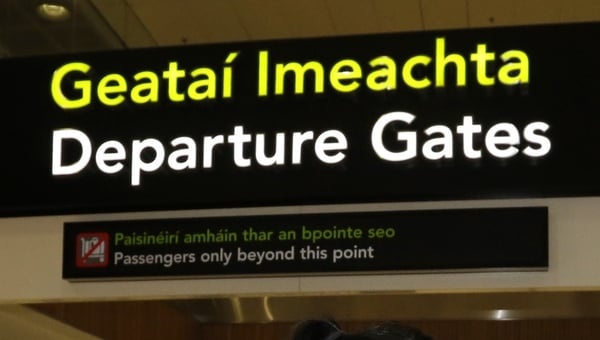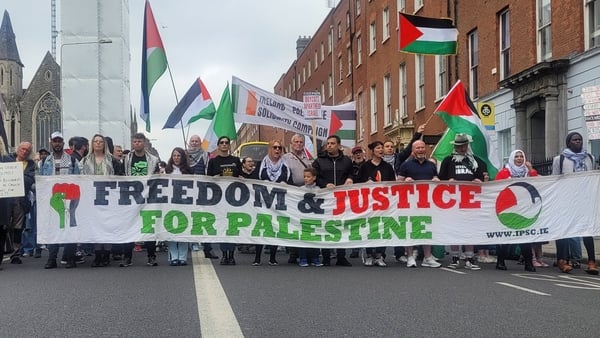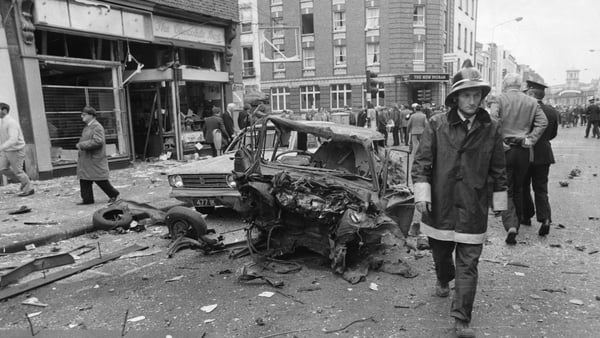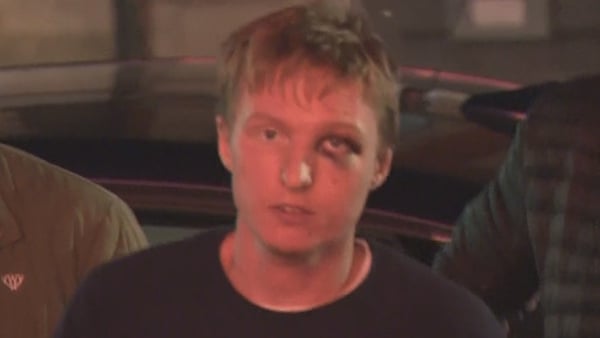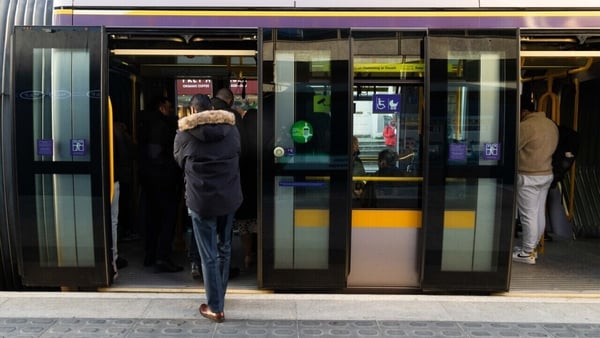Funding for more than 1,000 additional secondary school teachers, "enhanced cleaning and hand hygiene" supports and classroom "bubbles" for primary schools have all been detailed in the Government's €375m school reopening plan.
The range of measures were unveiled following a Cabinet meeting at Dublin Castle this afternoon.
Minister for Education Norma Foley said funding for more than 1,000 additional teachers at post-primary will be made available, in addition to funding for 120 extra counselling posts.
She said there will be "enhanced cleaning and hand hygiene" supports for schools, and opportunities for schools to receive Personal Protective Equipment.
There will be substitution panels set up for primary school, so teachers will be available to cover when a class teacher is out. There will be 1,000 new secondary posts to meet the needs of schools. | Follow live updates: https://t.co/pyPcC7MBmO pic.twitter.com/6IMO7L6e5y
— RTÉ News (@rtenews) July 27, 2020
Special needs assistant posts will be automatically replaced by the State if and when an SNA becomes ill, while a further €75m will also be made available for "minor capital works for all schools", Ms Foley said.
At primary school level "each classroom will be seen as a bubble", said Ms Foley. Within that, there will be a series of smaller pods where children will work together continuously with a metre between each pod.
She said physical distancing will not be required for pupils below third class.
At second level, Minister Foley said a €75m building works package will be used to alter buildings and classrooms to ensure one-metre physical distancing.
"I do not envisage there will be any delays" to schools reopening "at the end of August or start of September", said Ms Foley.
Asked about what happens if there is a Covid-19 case in a school, Minister Foley said there will be isolation areas where a person with a suspected case can be taken for testing to take place.
Children in the first four years of primary school will not need to social distance, says Minister Norma Foley. At second level, there will be a one-metre distance between students. | Follow live updates: https://t.co/pyPcC7MBmO pic.twitter.com/nztySSBinB
— RTÉ News (@rtenews) July 27, 2020
Minister Foley also confirmed that in the event of a Covid-19 case, the "class may be asked to self-isolate".
She said while "everybody made immense efforts" during the school closures, essential school life has been taken away from students in recent months.
"The closure of schools in March was an essential measure which helped slow the spread of the coronavirus.
"Reopening the schools is not just logistical," she said, adding that it also involves health, staffing, building adaptation issues and the need to acknowledge the lasting impact of recent months on young people.
The minister said more than €11m will be ring-fenced for changes to school buses in an attempt to ensure the safety of school children during Covid-19. This will involve some changes to the interior of these buses.
Ms Foley also said classes travelling on school buses will be treated as one unit, but that students will be asked to sit next to their siblings where appropriate.
Minister of State with responsibility for Special Education Josepha Madigan said it is "incredibly important" to keep in mind children with special needs "cannot function" without the support of special needs assistants.
Minister Madigan said there are 17,000 SNAs working in the country, and that "I will be ensuring there's no school that doesn't have an SNA".
Minister Josepha Madigan says it is important that children with special educational needs will be given the supports needed to make a successful return to school. | Follow live updates: https://t.co/pyPcC7MBmO pic.twitter.com/JNY3wNIZ15
— RTÉ News (@rtenews) July 27, 2020
Taoiseach Micheál Martin said the closure of schools in March was a defining part of the Covid-19 pandemic.
He said remote learning is not enough, and that "there is simply no substitute for students learning in schools in the presence of their teachers and their peers".
Mr Martin said: "It is a major logistical challenge for Irish society as a whole" to reopen schools for one million students.
Opposition parties have given a cautious welcome to the plan. However, with just one month to go there are concerns about the limited time schools have to put the new measures in place.
The Acting Chief Medical Officer Dr Ronan Glynn said, relatively speaking, the risk of transmission of Covid-19 from younger children to adults was much less than from adult to adult.
He said if Covid-19 was controlled in the community that was the best way of preventing a spread into schools or other workplaces.
He said they were expecting updated guidance from the European Centre for Disease Control over the coming fortnight, specifically in relation to the risk associated with the spread from children and the impact on children. And he said this would significantly inform decisions made over the coming weeks.
Dr Glynn said whether or not schools would have to close if cases were reported, would depend on each individual facility.
He said a key part of the infection prevention control guidance for schools, is that as much as possible, classes should not mix - so that if a case did arise in one class, closing the entire school could be avoided.
Secondary teachers' union ASTI said it was concerned that the "investment and resources being made available to schools may be insufficient" in the new educational reopening roadmap.
In a statement, it said it will be insisting on regular reviews to deal with any emerging deficiencies in the plan as they may arise.

